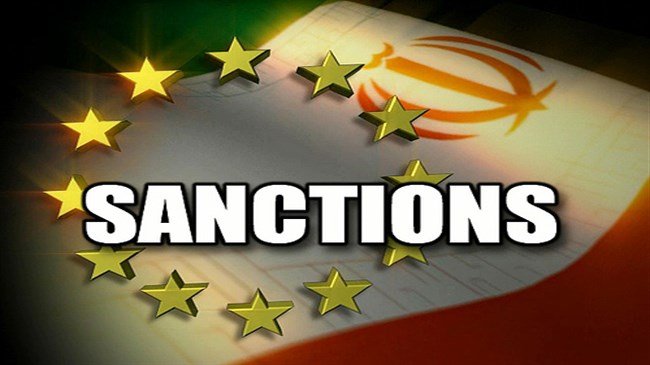 As talks progress between Iran and six world powers over Tehran�s controversial nuclear program, multinational companies are beginning to prepare for an eventual lifting of sanctions against the Islamic Republic.
As talks progress between Iran and six world powers over Tehran�s controversial nuclear program, multinational companies are beginning to prepare for an eventual lifting of sanctions against the Islamic Republic.But despite the thaw at the political level, European companies feel impeded in trading with Iran, in part because many banks refuse to handle their payments. The companies fear their American rivals will be able to move first once sanctions are lifted.
In an effort to level the playing field, three European business bodies � the Iranian chambers of commerce of France, Germany and the U.K. � have formed an alliance to facilitate business between Iran and the European Union.
Their main concern is that European companies face often-complicated national regimes to approve exports to Iran while their U.S. counterparts operate with a unified, clearer export approval process.
Already, U.S. exports to Iran have more than tripled between 2006 and 2013 to $313 million. EU sales to the Islamic Republic have more than halved to �5 billion from �11 billion during the same period, says Martin Johnston, director general of the British-Iranian Chamber of Commerce (BICC).
Giants such as aircraft manufacturer�Boeing�BA�+0.54%, which is set to compete with Airbus�EADSY�-0.36%�in Iran, and computer maker Apple have taken steps to enter the promising consumer market.
So the Iranian chambers of commerce have formed a European-Iranian Business Alliance, showing a united front to seize the opportunity offered by the oil-rich nation.
�Our voice will be more effective with the European Union�s Commission and the parliament if we act as a group,� explains Nigel Coulthard, head of the Cercle Iran Economie, a group of French industrialists and academics focused on Iran�s business sector, which is part of the alliance.
Michael Tockuss, managing member of the board at the German-Iranian Chamber of Commerce, adds: �On some topics, we have a joint interest.�
One common issue the group wants to raise with the EU is the difficulty European exporters face finding banks to handle payments for the goods they sell to Iran. Last year, France�s�BNP Paribas�BNP.FR�-0.23%�paid a record $9 billion to settle with U.S. prosecutors over allegations of sanctions violations in Sudan and Iran ��a decision that has prompted other banks to stay away from Tehran.
When banks refuse to accept Iranian-export transactions, �the U.K. government says it�s a commercial decision,� said Norman Lamont, president of British-Iranian Chamber of Commerce, or BICC. But in practice, �the U.S. is bullying companies through the banks,� said Lord Lamont, who is also a former British finance minister. To remove this hurdle, EU countries should nominate banks that can be tasked with handling trade with Iran, says Johnston.
Nigel Kushner, a director of BICC and the chief executive of W Legal Ltd., a law firm that specializes in sanctions, adds: �I am already seeing a rush to market by U.S. and EU companies and no one wants to be left behind. There is certainly an element of competition between US and EU exporters and EU companies may feel they have strength in numbers by unifying.�
By The Wall Street Journal










